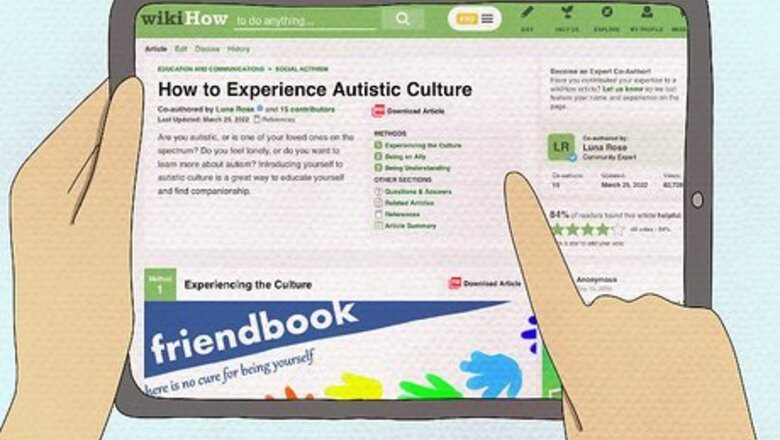
views
Understanding Autism
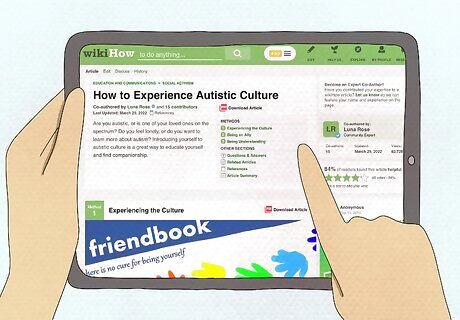
Read about autism online. It helps to look up articles by autistic people (which usually paint a more accurate picture than articles by non-autistic people). This will help you have an idea what your girlfriend is dealing with.
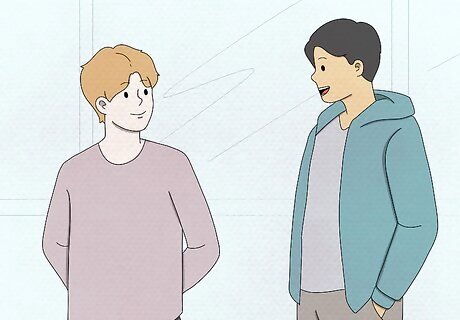
Try attending an autism/disability group with her (if she goes to one). You can talk to other autistic people, and ask her (or them!) how you can be helpful.

Don't be afraid to ask questions. If there's something you don't understand, don't make assumptions. Instead, ask her to explain it to you. Getting to understand her autism is part of getting to know her.
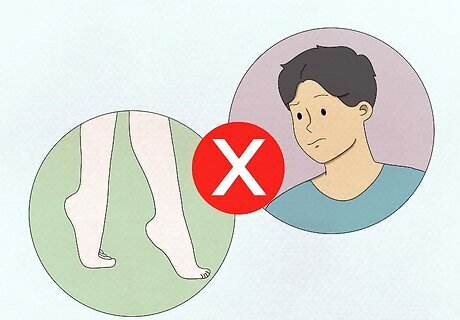
Don't judge her when her behavior is a little unusual. Autistic people do some different but harmless things: stimming, toe-walking, not making eye contact, et cetera. Treat these as quirks rather than deficits, and let her be herself.
Handling Issues

Recognize that bad days happen for autistic people. Issues such as executive dysfunction, motor skill issues, social differences, sensory overload, and more can make life difficult. Your girlfriend may want comfort, or she may want to be alone.
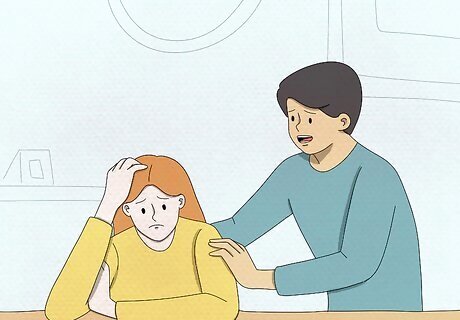
Listen to her. Autistic people may worry that their needs are burdensome or not cared about, and be afraid to speak up when there is a problem. You can help by listening to her, accommodating her needs, and asking if something is wrong if she looks upset.
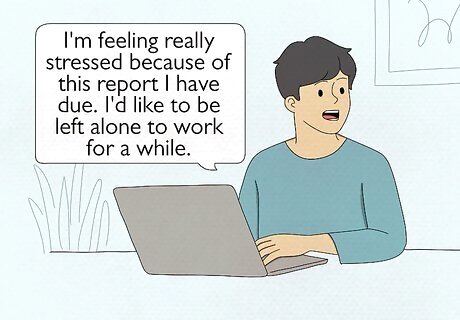
Be clear about any problems as they happen. Your girlfriend might not be good at "reading between the lines" and recognizing when you're upset. It's helpful to use your words and explain to her what is wrong. Be direct and concrete in your communication. For example... "I'm feeling really stressed because of this report I have due. I'd like to be left alone to work for a while." "When you teased me about my bald spot, I felt upset. It's kind of a sore spot for me. Please don't tease me about it." "I know you mean well, but I'm not really looking for advice right now. I just need to vent."
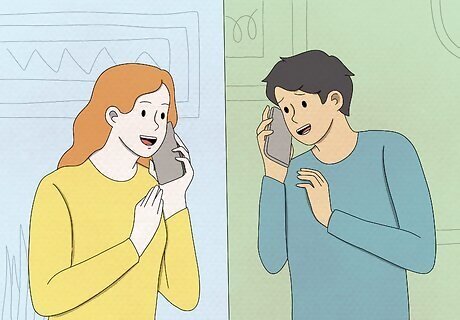
Recognize that she might get sick more often. Anxiety, depression, and stomach issues may co-occur with autism. She may also have severe sensory overload at times (which can look a lot like being sick). Ask her how you can help her (helping with tasks, giving her space, just hanging out) and follow through. She'll appreciate it.
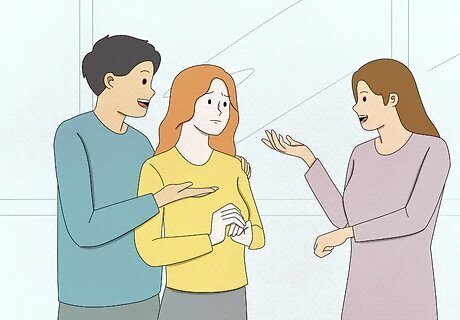
Run interference in social situations. Your girlfriend won't always understand how to act, and you can help by clarifying her intentions to others or gently nudging her onto the right track. Tackle social gatherings as a team, and help her feel wanted and included.
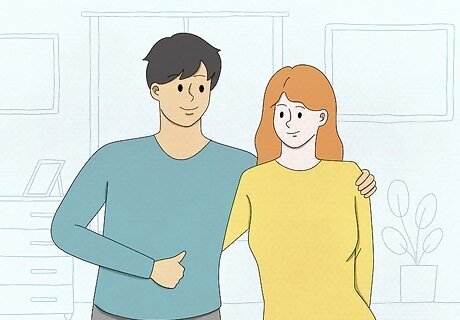
Recognize that social progress takes time. Your girlfriend will have some trouble with social skills, and this won't disappear anytime soon. Let her work at her own pace, and don't push her too hard. She is doing her best.
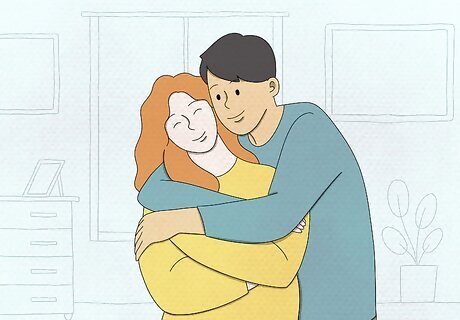
Recognize that you'll be introduced to her world: including how hostile it can be. Autistic people are more likely to be bullied and disliked by their peers, and you may witness some ugly behavior or even receive a little for dating her. If you love her, remind yourself that it's worth it: you're here for her, not for others' opinions.
Being a Great Partner

Be a good listener. Listening is an important part of a healthy relationship, especially if her mind works a little differently than yours does. Listen to how she feels, what her dreams are, and how she sees the world.
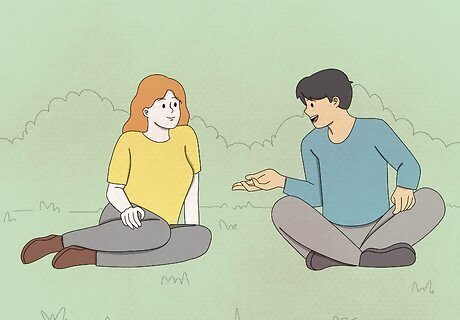
Find quiet places to hang out. Too much activity can overwhelm an autistic person, making it difficult for her to focus on your conversation. Try letting her choose the setting, or searching for the most peaceful place around.
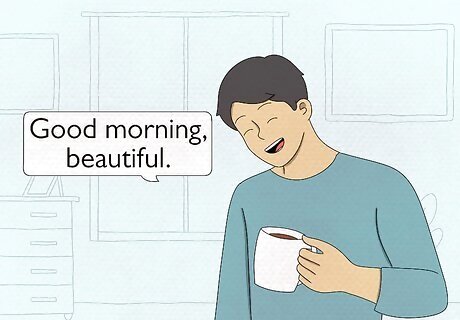
Remind her how much you love her. Every woman wants to feel appreciated and wanted. Notice her quirks and compliment her. Even something as simple as "Good morning, beautiful" could make her day.
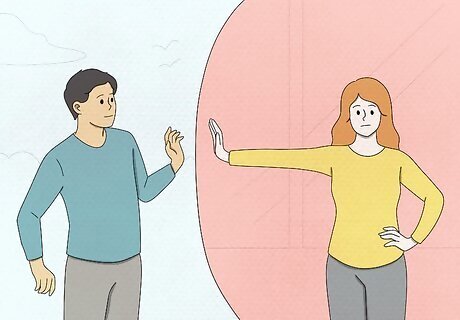
Respect her boundaries. Your girlfriend is most likely an introvert, and she'll need alone time to recharge so she can have the energy to spend time with you. She may need time to rest or stim after a difficult situation, such as a noisy building or family gathering. There may be certain things she cannot handle, such as hugs from behind or kiss marks on her cheek (which she might wipe off—it's nothing against you personally!).
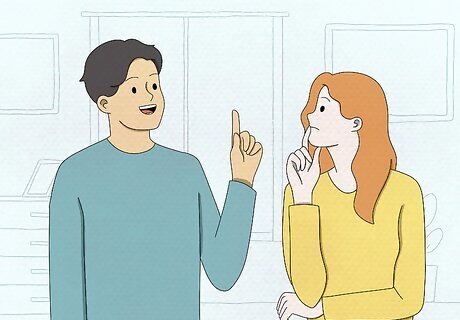
Help her understand when she's confused. Just as autistic people's behavior may be puzzling to you, non-autistic behavior can be puzzling to her! Offer your services as a translator when needed, and answer her questions about what the non-autistic people are trying to say.

Support her special interests. Passions hold a special place in an autistic person's heart, so find ways to support and share hers. See if her special interest overlaps with things you like, and share them together.
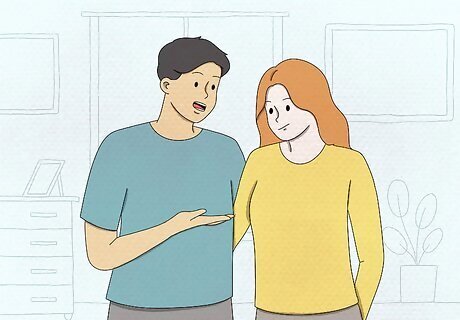
Talk to her privately if she says or does something weird. Your girlfriend may not always understand social nuances, so she might do things that are socially inappropriate without realizing it. Talk to her if she came off as rude or cold; she probably didn't know what she was expected to do. Talk to her gently, under the assumption that she didn't know what she did wrong. Many times autistic people don't realize that they've committed a social offence.
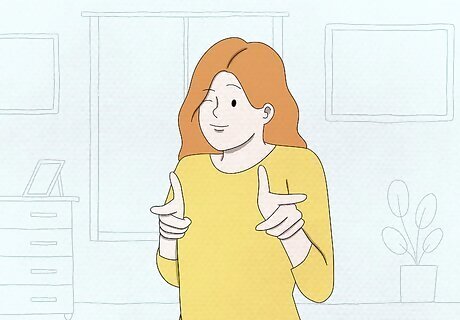
Let her support you. Your girlfriend has plenty of strengths of her own. It's okay to be vulnerable, and to lean on her when you're struggling. Let her show you how much she cares. In general, autistic people tend to be fair, logical, nonjudgmental, compassionate, and capable of thinking outside the box. Your girlfriend may be a fantastic problem solver.

Open up to her. Let her see you at your best, your worst, and your silliest. Relationships work best when communication is open, and each partner feels comfortable sharing their truest self. Embrace your quirks just as you've embraced hers.
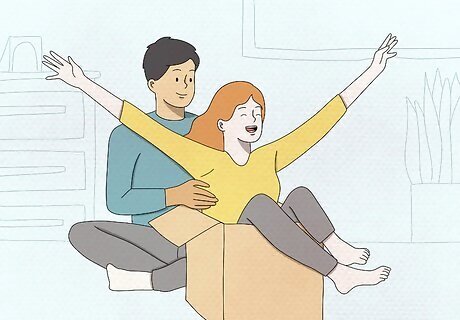
Experience the world through her eyes. Your girlfriend has a unique perspective, and as you spend more and more time with her, you'll experience her life. Work on listening, understanding, and trying things her way. You might be surprised at what you discover.




















Comments
0 comment